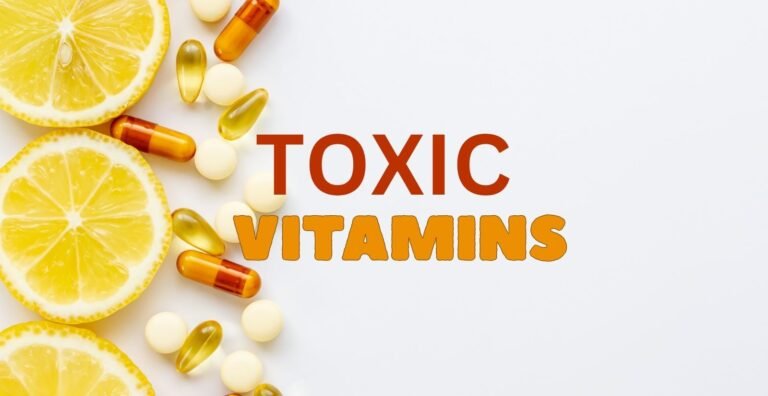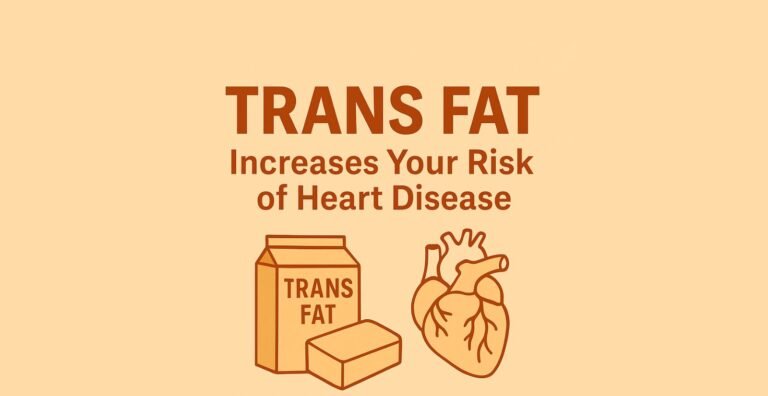Top Health & Wellness Product Reviews with Exclusive Sale Prices!
Women’s Hormonal Balance: Ultimate Health, Wellness & Vitality Guide

Hormonal balance is a vital component of women’s health, impacting everything from energy and mood to metabolism, skin health, and reproductive functions. Unfortunately, hormone imbalances are increasingly common, affected by lifestyle, stress, and even environmental factors. This guide provides a deep dive into understanding your hormones, recognizing the symptoms of imbalance, and learning natural ways to maintain hormonal harmony.
What Are Hormones and Why Are They Important?
Hormones are powerful chemical messengers that regulate key processes within your body, affecting your metabolism, reproductive health, mood, and more. Major hormones that play critical roles in women’s health include:
- Estrogen: Regulates the menstrual cycle, reproductive system, and contributes to bone and heart health.
- Progesterone: Prepares the body for pregnancy and balances the effects of estrogen.
- Cortisol: Known as the “stress hormone,” it helps manage stress and metabolism.
- Testosterone: While often associated with men, testosterone plays a role in mood, libido, and muscle strength in women as well.
The interplay between these hormones affects everything from your mood to your energy levels and physical well-being. Understanding their functions and how to keep them balanced is essential for maintaining overall health.
Common Causes of Hormonal Imbalance
Hormonal imbalances can occur due to several lifestyle and environmental factors. Here are some of the top contributors:
- Diet and Nutrition: Diets high in processed foods, refined sugars, and unhealthy fats can lead to insulin resistance and affect hormone production.
- Chronic Stress: Prolonged stress elevates cortisol levels, which can disrupt the balance of estrogen, progesterone, and other hormones, leading to fatigue, weight gain, and other symptoms.
- Sleep Quality: Quality sleep is essential for hormone production, especially for melatonin, which regulates the sleep-wake cycle, and cortisol, which affects stress levels.
- Environmental Toxins: Everyday exposure to endocrine-disrupting chemicals (EDCs) like BPA and phthalates, found in plastics and cosmetics, can interfere with hormone function.
Symptoms of Hormonal Imbalance in Women
A hormone imbalance can manifest in a variety of ways, depending on which hormones are affected. Here are some of the most common symptoms:
- Fatigue and Mood Swings: Imbalanced cortisol or estrogen levels can cause irritability, anxiety, and fatigue.
- Weight Gain: Imbalances in insulin, thyroid hormones, or cortisol can cause weight gain, especially around the midsection.
- Irregular Menstrual Cycles: Disruptions in estrogen and progesterone can lead to missed or irregular periods.
- Low Libido: Testosterone imbalances can reduce sexual desire and energy levels.
- Skin Issues: Acne, dryness, and increased sensitivity can occur when estrogen and testosterone levels are out of sync.
If you experience persistent symptoms, it may be time to explore natural methods to support hormonal health.
Natural Ways to Balance Hormones
Maintaining hormone balance often involves lifestyle adjustments that support your body’s natural functions. Here are effective ways to achieve hormonal harmony:
1. Diet for Hormonal Balance
Your diet plays a central role in hormone production and regulation. Key dietary choices include:
- Healthy Fats: Fats are essential for hormone production. Include sources of healthy fats, such as avocados, olive oil, and omega-3-rich foods like salmon and chia seeds.
- Limit Sugar and Refined Carbs: High sugar intake spikes insulin levels, which can lead to insulin resistance and disrupt hormone balance. Opt for whole grains, vegetables, and natural sweeteners in moderation.
- Fiber-Rich Foods: High-fiber foods, like fruits, vegetables, and whole grains, help regulate estrogen by assisting in the elimination of excess estrogen from the body.
2. Exercise and Hormone Balance
Physical activity is essential for hormonal balance. Here are exercises that support hormone health:
- Strength Training: Weight-bearing exercises support metabolism and improve insulin sensitivity, helping to regulate hormones like insulin and cortisol.
- Low-Intensity Workouts: Yoga, walking, and stretching can lower cortisol levels and improve stress management, supporting a healthy balance between cortisol and other hormones.
3. Prioritize Sleep and Stress Management
Getting enough high-quality sleep is crucial for hormone production. Cortisol and melatonin, the sleep hormone, rely on regular sleep cycles. Aim for 7-8 hours of sleep each night, and incorporate relaxation practices like meditation, journaling, or deep breathing exercises to reduce stress.
4. Supplements for Hormone Health
While a balanced diet should be the foundation of hormonal health, some supplements may support hormone regulation:
- Vitamin D: Essential for bone health and immune function, vitamin D supports overall hormonal balance.
- Magnesium: This mineral plays a key role in stress management and blood sugar regulation.
- Adaptogens: Herbs like ashwagandha and rhodiola may support adrenal health and help balance cortisol levels.
When to Seek Medical Advice
If lifestyle adjustments and natural remedies don’t alleviate symptoms, it’s essential to consult a healthcare provider. Persistent symptoms like severe mood swings, unexplained weight gain, or chronic fatigue may warrant hormone testing. Options like hormone replacement therapy (HRT) or other treatments can be discussed with a qualified healthcare professional.
Lifestyle Habits for Long-Term Hormone Health
In addition to diet, exercise, and stress management, adopting these lifestyle habits can help maintain hormonal balance:
- Regular Physical Activity: Incorporate daily movement to support weight management, reduce stress, and promote energy balance.
- Mindful Eating: Focusing on whole, unprocessed foods can improve gut health, which is linked to hormone production and metabolism.
- Limit Exposure to Toxins: Switch to natural personal care products and minimize plastic use to reduce exposure to endocrine disruptors.
Conclusion
Hormonal balance is essential for optimal health and well-being. With the right combination of dietary choices, regular exercise, quality sleep, and stress management, you can support your body’s natural hormone regulation processes. Start with small changes and build healthy habits for sustainable results that positively impact your physical, mental, and emotional health.







